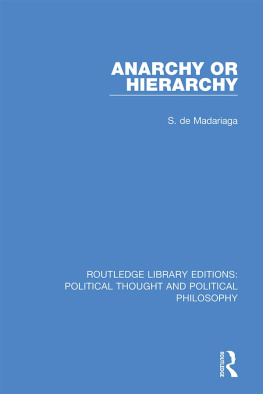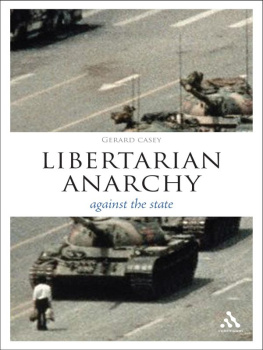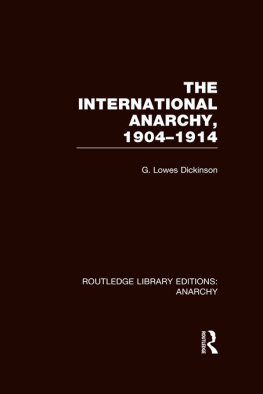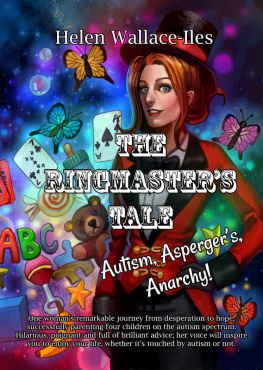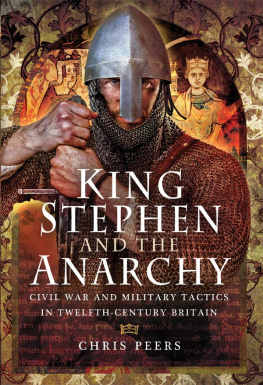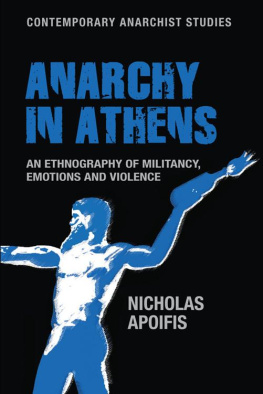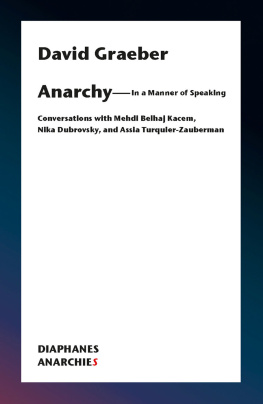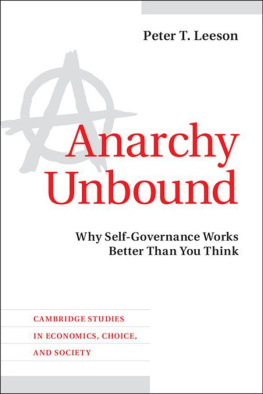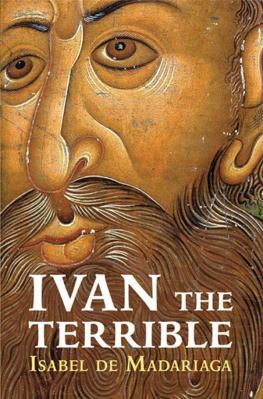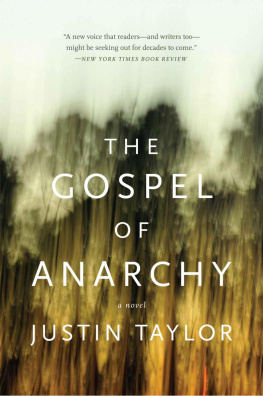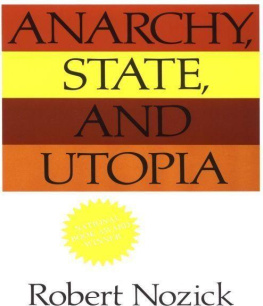First published in 1937 by George Allen & Unwin Ltd.
This edition first published in 2020
by Routledge
2 Park Square, Milton Park, Abingdon, Oxon OX14 4RN
and by Routledge
52 Vanderbilt Avenue, New York, NY 10017
Routledge is an imprint of the Taylor & Francis Group, an informa business
1937 Salvador de Madariaga
All rights reserved. No part of this book may be reprinted or reproduced or utilised in any form or by any electronic, mechanical, or other means, now known or hereafter invented, including photocopying and recording, or in any information storage or retrieval system, without permission in writing from the publishers.
Trademark notice: Product or corporate names may be trademarks or registered trademarks, and are used only for identification and explanation without intent to infringe.
British Library Cataloguing in Publication Data
A catalogue record for this book is available from the British Library
ISBN: 978-0-367-21961-1 (Set)
ISBN: 978-0-429-35434-2 (Set) (ebk)
ISBN: 978-0-367-36956-9 (Volume 36) (hbk)
ISBN: 978-0-429-35207-2 (Volume 36) (ebk)
Publishers Note
The publisher has gone to great lengths to ensure the quality of this reprint but points out that some imperfections in the original copies may be apparent.
Disclaimer
The publisher has made every effort to trace copyright holders and would welcome correspondence from those they have been unable to trace.
As I write these lines my unfortunate country is rent by a grim civil war. Foreign opinion, seeing in the war but what it carries itself in its own eyes, is split into pro-fascists and pro-communists, so that the conflict in Spain threatens to develop into an international war, and perhaps into an international civil war, since the issue cuts across frontier lines.
The situation has no parallel in modern times. The wars of our days have all been fought by nations against nations. If we are to find a precedent for this dramatic duel between two political conceptions, we have to go back to the wars of the sixteenth century. By a striking caprice of fate the country which, in the sixteenth century, stood as the unconquerable bulwark of orthodoxy against the Reformation, is to-day the first country in the West to know the horrors of the new religious war. Now as then, two incompatible ways of understanding life lead the men of Europe to oppose each other across the Continent, threatening it with destruction.
Nor is this the only feature in the parallel. That nowadays the duel is fought on the economic plane, while, in the days of old, Europe fought against itself on the plane of belief, is but the consequence of an obvious historical evolution which has brought down to earth the centre of our preoccupations, once well set in heaven; yet, though the arguments be all about production, distribution, and consumption instead of about free will, the Holy Trinity, and predestination, the substance of the dispute is just as dogmaticone might well say just as theological as in the sixteenth century, and both sides approach it in a kind of totalitarian state of mind, more obsessed by principles than attentive to realities.
Finally, just as in the sixteenth century, while one side stands for authority and the other side claims to stand for liberty, the true sense of mental and general liberty is absent from both, so that, now as in the sixteenth century, men of the Erasmian type can but look on and wonder into which of the two abysses their own sweet liberty is to be precipitated.
What does it matter, it might be asked, whether a sprinkling of scholars, thinkers, and scribblers lose their liberty or remain free? The answer is that liberty of thinking in Europe is essential to the future of the world. Two mass movements, as impressive as geological progressions, rise in threatening waves over Europe in utter contempt of any of the real values for which Europe stands in history as a continent apart. Quality, like a graceful ship, carries in its frailty the spirit of Europe. Are we going to let it sink?
The most disquieting feature of the present tempest is the strange attitude of many of the men whose profession and raison dtre is that of thinking for the community. Led by a kind of mental inertia to take for granted that all that lies on the left is liberal, many of these men have overlooked the tremendous significance of the abjuration by the masses of that liberalism to which they owe their emancipation. The intellectual sympathizers with communism have not been deterred by the explicit contempt for liberalism in general, and for liberty of thought in particular, which is one of the few features of communism to be found both in its theory and in its practice. They do not seem to be in the least perturbed by the obvious subversion of values implied in the deliberate humiliation of the mental worker considered by communism as the auxiliary of the manual worker; and even now, after so much experience, they go on cheerfully confusing the issue not only between communism and democracy, which is bad enough, but between communism and liberty, which would be comic if it were not tragic.
We are asked to believe that the issue is between fascism and communism, and, in the name of democracy and liberty, we are bidden to espouse the cause of communism. But in these pages we have endeavoured to prove that the issue between fascism and communism is as irrelevant to political sanity as that between Protestants and Catholics is now seen to have been to religious sanity. In the sixteenth century it looked very much as if Europe would have to become either Catholic or Protestant. Yet England, in the end, refused to be locked into this iron dilemma. She struck a line of her own, picked up from both sides all the beliefs and dogmas which she found soluble in her salt-water common senseand saved the freedom of the world. By showing that the issue was not merely between two forms of religion, that it admitted other solutions, that there was no reason why every nation should not adopt her own peculiar way of praying, she made it possible for the two religious parties which threatened to destroy each other and Europe with them to live together, at first in enmity, then in mistrust, later in mutual tolerance; till finally Europe lived down the question altogether, so that the religious differences between Europeans have come to be but one of the elements which add wealth and variety to our mental landscape.
May we now hope to have the same good fortune? Is it possible that the British Commonwealth of Nations, with the United States, the Scandinavian countries, and Holland realize the true import of the issue? While the two huge enemies of libertyfascism and communismfight against each other for the right to kill liberty, may not this group of countries remain the bulwark of liberty against either or both of them? This is the only hope of the world. It requires, it is true, that these nations should meet the problems of the day with a daring heart and a creative brain. Just as in the sixteenth century England reformed her Church in a conservative way, so in our own day liberal-democratic countries must reform their public life without sacrificing either liberty or democracy. If they succeed, they will have saved the world from the dismal consequences of fanaticism.



